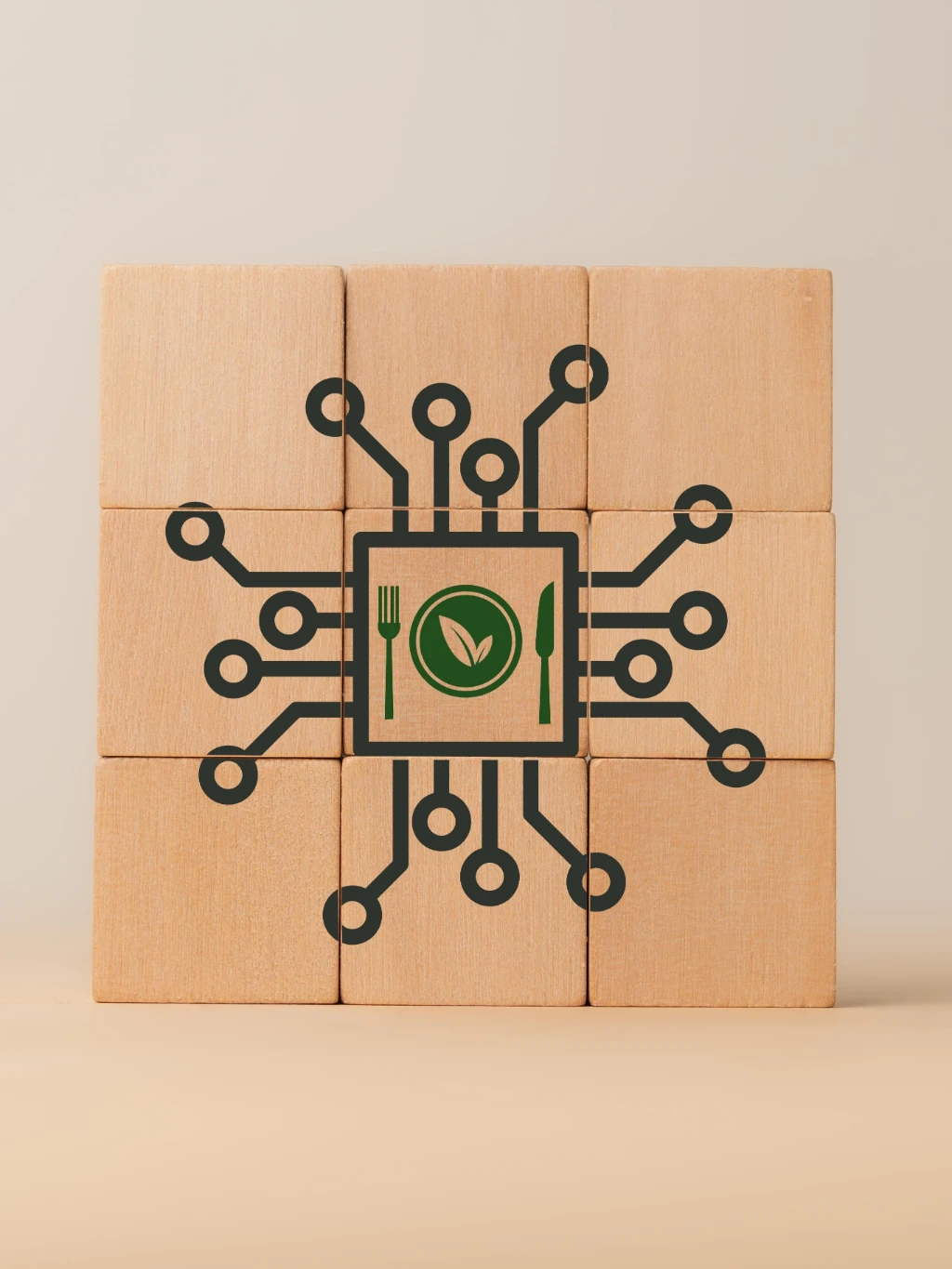While blockchain technology offers numerous benefits, several factors need to be considered. The advantages of blockchain technology include enhanced transparency, as it allows consumers to access detailed information about the food they consume. This leads to improved traceability, enabling quick identification of contamination sources and reducing the impact of foodborne illnesses. Additionally, blockchain technology improves operational efficiency by automating record-keeping and verification processes, which streamlines supply chain operations.
However, there are notable challenges associated with the implementation of blockchain technology. The initial setup and integration can be expensive, posing a significant barrier to entry. Widespread adoption requires collaboration across the entire supply chain, which can be difficult to achieve. Furthermore, ensuring the security and privacy of data within a blockchain network is crucial, as it involves handling sensitive information.
Blockchain technology holds immense potential for transforming food safety by enhancing transparency, traceability, and efficiency in the supply chain. While there are challenges to overcome, the benefits make it a compelling option for the future. So, is blockchain the future of food safety? It certainly seems like a promising and secure possibility.
Stay tuned to Selecta for more insights into the latest food tech innovations and how they might soon be part of your daily dining experience.





